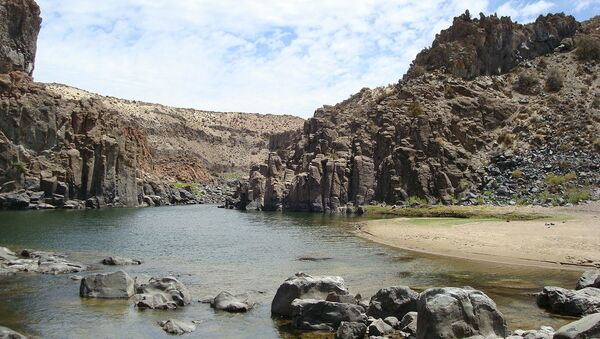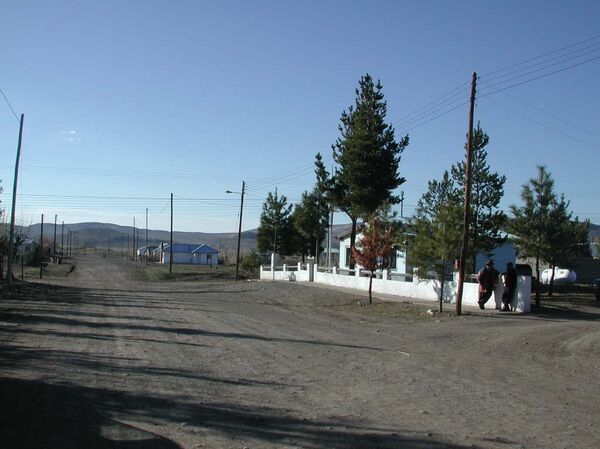Following a military campaign that ended in 1885, Argentina secured control over vast and sparsely populated reaches of Patagonia.
Shortly afterwards nearly 2.5 million acres of this recently claimed land were handed over as a gift to The Argentine Southern Land Company (TASLCo), according to Ramon Minieri, author of a book called That Alien South (Ese Ajeno Sur).
The company used the newly acquired territories for cattle ranching and was allowed to conduct its activities without paying any tariffs, effectively forming “an enclave largely detached from the Argentinian economy.”
"At some point the company’s expansion led to an imperial geopolitical project: a land corridor across Patagonia and southern Chile that would’ve linked Britain and Australia," Minieri told Sputnik Mundo.
According to him, while TASLCo claimed it was trying to attract migrants to the region, those who settled there did it of their own accord and not because of some kind of incentives offered by the company.
Furthermore, foreign companies operating in the region took a dim view of settlers moving in and sought to impede that process.
"The settling of southern Argentina was performed in face of a strong resistance mounted by large land owners. Many of those companies even tried to drive away the first settlers," Minieri says, using historical documents from that era to back his assumptions.
In the meantime, British expeditions in the region allowed foreigners to obtain vast knowledge about the natural resources contained there.
And by 1914 the Argentinian government essentially turned over up to 13 percent of the country’s territory to TASLCo and other similar foreign companies.
In 1982 the surge of Argentinian patriotism triggered by the Falklands War led to TASLCo translating its name into Spanish (Compañía de Tierras del Sud Argentino), and in 1992 the company was purchased by the Benetton Group.
The new owner also did not attempt to help develop the Patagonian lands but instead turned its attention to mining, and since 1996 the company has been exploiting vast gold and silver deposits that were scouted out by British prospectors a century ago.
"Patagonia still largely remains an imperial province," Minieri ruefully concludes.



